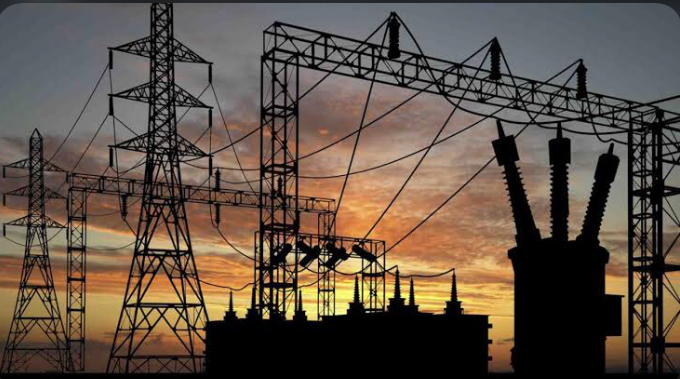Since a very long time over the decades, Nigerians have been hoping for an era when electricity will always be available without any abrupt and unannounced power cut off.
Yet as of today, this dream is yet to be accomplished as different tales abound in the different parts of the country about electricity supply.
The question of whether the next Tinubu administration can pull the power supply magic cannot be avoided given the legacy of enormous debts, operation hurdles, poor new investments, poor credit rating, and low commercial viability from the previous regime.
According to the Petroleum and Natural Gas Senior Staff Association of Nigeria (PENGASSAN), some of the difficulties that could impede the operation of the electrical sector under the Bola Tinubu government are indisputable.
Festus Osifo, the president of PENGASSAN, made this statement in Abuja during the union’s seventh triennial national delegates’ convention.
Although efficiency has remained appalling, he claimed, even though power is a key factor in determining economic growth, particularly in light of a botched privatization effort.
During the convention of delegates, Osifo was re-elected. Osifo was re-elected without opposition because, according to all union members, he has done a great job of representing the union over the past three years while advancing reforms and reorganizing PENGASSAN to have a greater voice in the oil and gas industry.
Osifo, in his address, declared that the dismal outlook of the power sector may not change in 2023 or any time soon.
Additionally, he made a suggestion that throughout the previous eight years, President Muhammadu Buhari’s administration had not improved the availability of energy for families and businesses.
“With power generation only averaging 4,500 megawatts over the past eight years, Nigerians hoping for better electricity supply may have to wait longer,” said Osifo.
The president of PENGASSAN noted that because most of the instruments and equipment used in the industry are dollar-based, the country’s escalating exchange rate issue will also severely hamper it.
The unfortunate consumer is made to pay for the inefficiencies of the operators and the regulator during rising blackouts.
The union also asked the new administration to use the Nigeria LNG Limited (NLNG) model when the country’s four refineries are finished operating.
He continued, “The incoming government must do everything within its power to see that the current rehabilitation effort and initiatives that are currently in place are brought to a successful conclusion so that our nation’s refinery will come up in no time.”
Osifo added that the Buhari administration has plunged Nigeria’s existing debt profile, as of the first quarter of 2023, into a morass that may take several generations to repay, rather than pursuing growth and greater shared wealth.
The economy of the country has a number of significant obstacles, including structural imbalance, corruption, inadequate human capital development, inequality, security issues, and an excessive reliance on oil revenue.
Conclusion
To be fair to the next administration, one should never anticipate the same instantaneous success that the outgoing administration struggled to achieve throughout its eight years in office in the electrical sector.
Unquestionably, the significant debts that the current leadership will leave behind have worsened the situation.
The incoming regime should be aware that no justification will be accepted for failing to exercise the democratic power it will shortly acquire.
Why not, if it can perform that magic?




Leave a reply